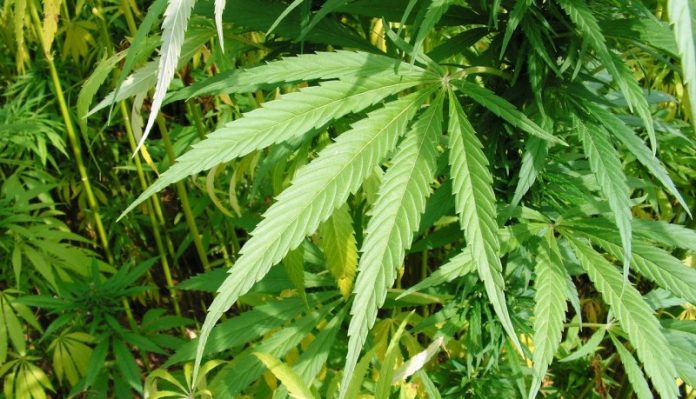With industrial hemp recognised as an agricultural crop under the 2018 Farm Bill, surely banks will now welcome the sector with open arms. Or maybe not.
In late 2017, the crop was set to make a return to the U.S. state of Wisconsin after Governor Scott Walker signed Senate Bill 119 into law. There was plenty of interest in a pilot program, with hundreds of applications pouring in for its inaugural year. Then just last week, U.S. President Donald Trump signed the Agriculture Improvement Act of 2018 (2018 Farm Bill), legalising industrial hemp.
While Wisconsin will need to submit a plan to the United States Department of Agriculture for approval, things are looking fairly positive in the state for hemp – but perhaps not so much on the issue of financing activities.
A recent Wisconsin Bankers Association survey of 95 Wisconsin bank CEOs and presidents showed there was still little confidence in the sector.
When asked about whether the changes contained in 2018 Farm Bill that would alter the federal view of hemp and if the respondents’ bank would actively seek to provide loans to industrial hemp farmers and/or processors in the state, 83% of the bankers replied “no”. It was the same result for a question relating to the prospects of hemp providing enough revenue to stabilize revenue streams for Wisconsin farmers.
A common issue among bankers is an opinion not enough is known about the crop – aspects such cost, price, yield, returns, contracts, and markets.
“As the industry grows, the data needed for bankers to make agricultural lending decisions will also increase and ease their current concerns,” says the Association.
However, as that knowledge base grows, Wisconsin runs the risk of finding itself left behind – although it seems that 17% of banks may be supportive at this point. Those financial institutions could get quite busy in the time ahead as there’s certainly plenty of interest in farming hemp in the state.
Just in relation to the state’s pilot research program, the first year was a bit ordinary due to unfavourable weather conditions that impacted yield – too much rain as soon as planting occurred. As for next year, the deadline to apply for 2019 licenses and registrations has been extended through to March 1, 2019.
Wisconsin was was once a leading producer of the crop. According to Wisconsin Public Television, it was the largest producer of hemp in the USA in 1920, with more acres under cultivation than all other states combined. Perhaps it will soon be again.


